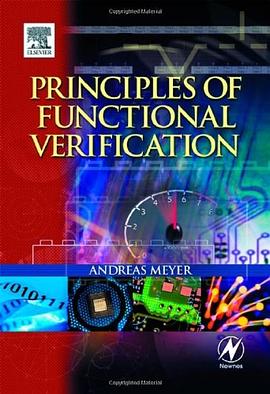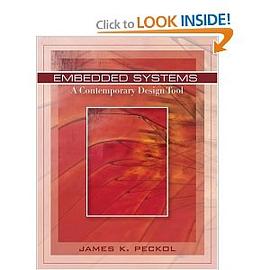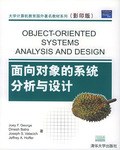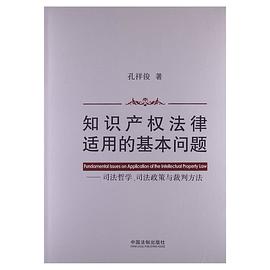

As design complexity in chips and devices continues to rise, so, too, does the demand for functional verification. "Principles of Functional Verification" is a hands-on, practical text that will help train professionals in the field of engineering on the methodology and approaches to verification. In practice, the architectural intent of a device is necessarily abstract. The implementation process, however, must define the detailed mechanisms to achieve the architectural goals. Based on a decade of experience, "Principles of Functional Verification" intends to pinpoint the issues, provide strategies to solve the issues, and present practical applications for narrowing the gap between architectural intent and implementation. The book is divided into three parts, each building upon the chapters within the previous part. Part One addresses why functional verification is necessary, its definition and goals. In Part Two, the heart of the methodology and approaches to solving verification issues are examined. Each chapter in this part ends with exercises to apply what was discussed in the chapter. Part Three looks at practical applications, discussing project planning, resource requirements, and costs. Each chapter throughout all three parts will open with Key Objectives, focal points the reader can expect to review in the chapter. This book takes a 'holistic' approach to verification issues. Approach is not restricted to one language. Discussed the verification process, not just how to use the verification language.
具体描述
读后感
评分
评分
评分
评分
用户评价
相关图书
本站所有内容均为互联网搜索引擎提供的公开搜索信息,本站不存储任何数据与内容,任何内容与数据均与本站无关,如有需要请联系相关搜索引擎包括但不限于百度,google,bing,sogou 等
© 2025 book.wenda123.org All Rights Reserved. 图书目录大全 版权所有




















